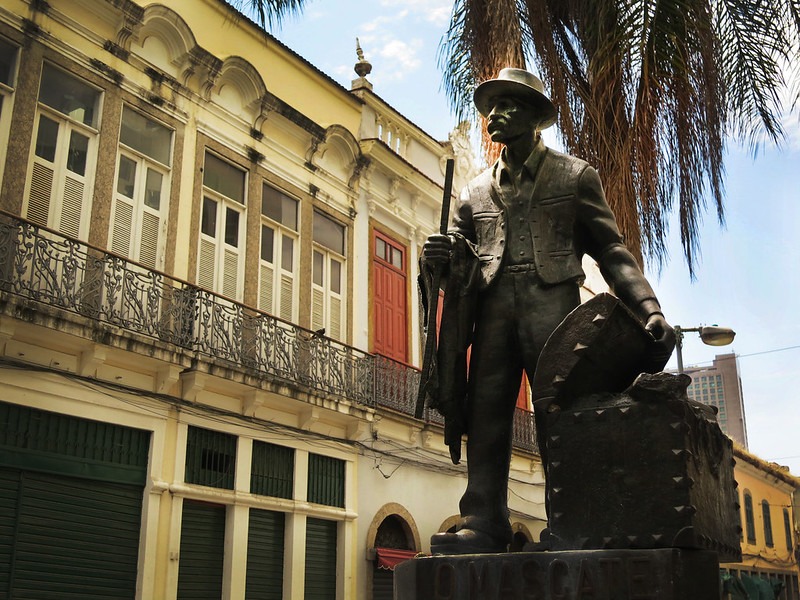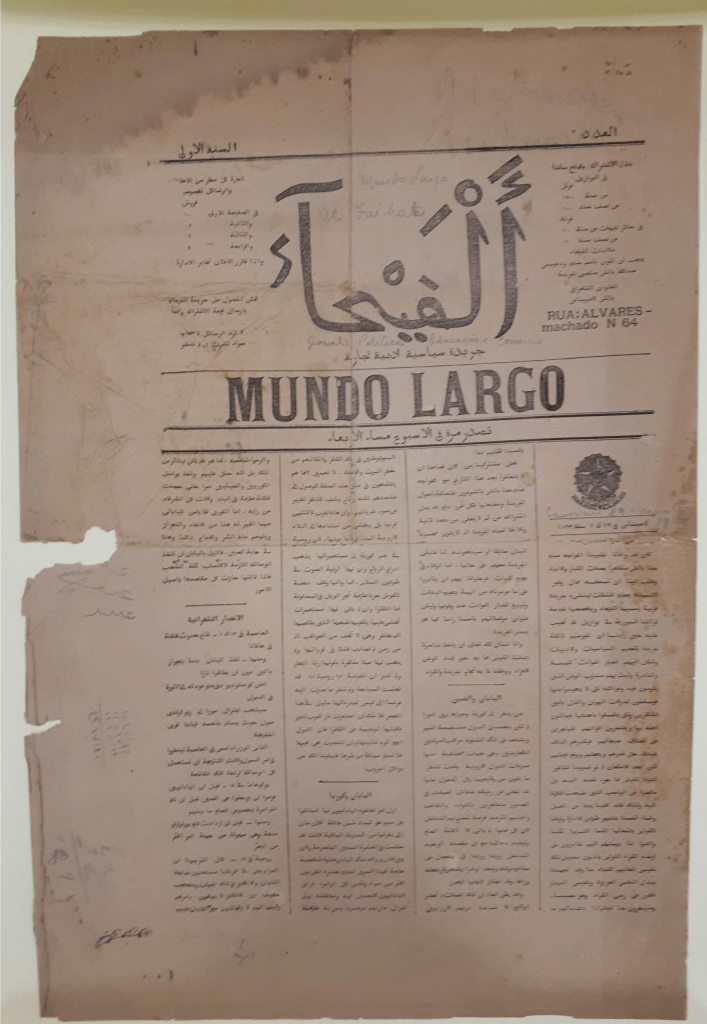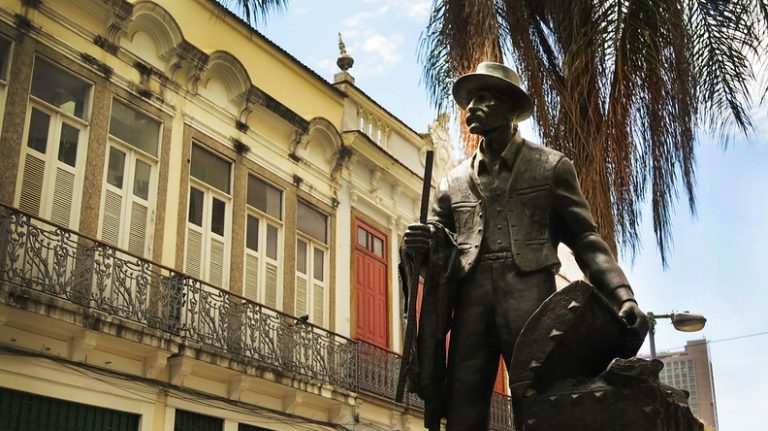Over the last 150 years, Lebanon and Brazil have grown deeply entangled through trade, migration, politics, food, and family. What began as a wave of migration in the late 19th century has turned into one of the world’s most influential diasporas, with an estimated 10 million Brazilians claiming Lebanese roots. Here’s how it all unfolded.
Why the First Lebanese Migrants Fled to Brazil
The first major wave of Lebanese migration to Brazil began in the late 1870s. Lebanon, then part of the Ottoman Empire, was facing famine, political oppression, and economic collapse—especially in its silk industry, which had depended heavily on French demand.
Christian migrants, in particular, fled Ottoman persecution. By the 1880s, migrants were writing home, urging relatives to join them in Brazil—a land seen as stable, promising, and full of untapped opportunity.

How Lebanese Peddlers Became Business Owners—and Got a Monument in Rio
Unlike European migrants who came with farm jobs lined up, many Lebanese arrivals in Brazil hit the streets as mascates—peddlers selling fabric and goods door-to-door. By 1895, they made up 90% of São Paulo’s peddlers.
Over time, the hustle paid off. They opened shops, especially in textiles, and introduced things like bulk deals and paying in installments—totally new for Brazil back then. By 1907, most Arab-owned businesses were in retail. Their kids? They took it even further—into industry, law, and politics.
Their legacy was so impactful that Rio de Janeiro even put up a monument—“O Mascate”—to honor the peddlers and everything they brought to Brazilian society.

Lebanese Writers Turned Brazil into the “New Andalusia” of Arabic Literature
The migration wave didn’t just bring traders—it brought poets, writers, and thinkers. The Lebanese community established a thriving Arabic-language literary scene in Brazil, aligned with the broader Arab nahda (Renaissance).
Between 1880 and 1929, Brazil published 95 Arabic newspapers and magazines.
In 1895, Al-Fayhaa became the first Arabic-language newspaper, created by a Lebanese from Zahle.
By 1944, the community had published at least 156 Arabic books.
For all these reasons, Brazil was dubbed the “New Andalusia” in celebration of the literature produced by Arab writers and their descendants.

Lebanese-Brazilians Rise to the Top of Brazilian Politics
In the decades since, Lebanese-Brazilians have consistently held powerful roles in government. Former President Michel Temer, former São Paulo governor Paulo Maluf, and former mayor Fernando Haddad all have Lebanese roots.
At one point, 10% of Brazil’s Congress was made up of people of Lebanese descent. The community has also contributed multiple ministers—Justice, War, Health, and Information.

Lebanese Food Became a Brazilian Staple
Lebanese cuisine didn’t just find a home in Brazil—it became part of the national food identity. Dishes like kibbeh, sfiha, and tabbouleh are eaten alongside local staples like pão de queijo and coxinha.
Raful, a Lebanese restaurant founded in 1960 by two immigrant brothers, is now a multi-location favorite in São Paulo. And Habib’s, a massive fast-food chain with a genie as its mascot, sells around 600 million sfiha per year—despite being founded by a Portuguese-Brazilian.
The food is so Brazilian now, even non-Lebanese are running Lebanese restaurants.

Brazil Has More Lebanese Descendants Than Lebanon Itself
According to Brazil’s Ministry of Foreign Affairs, the Lebanese-descendant population is around 10 million, and this is the largest worldwide. That would mean more people of Lebanese descent live in Brazil than in Lebanon itself, which has a population of under 6 million.

A Diaspora That Shaped History
Lebanese migration to Brazil didn’t just bring people—it brought reinvention. These migrants arrived with little and built everything. They changed how Brazil traded, how it ate, how it published, and who it elected.
It’s a story of movement, memory, and adaptation. Lebanon and Brazil may sit oceans apart, but their stories—now more than ever—are deeply and deliciously intertwined.
WE SAID THIS: Don’t Miss…Arabizi 101: 5 Voices Shaping This Multilingual Music Wave



